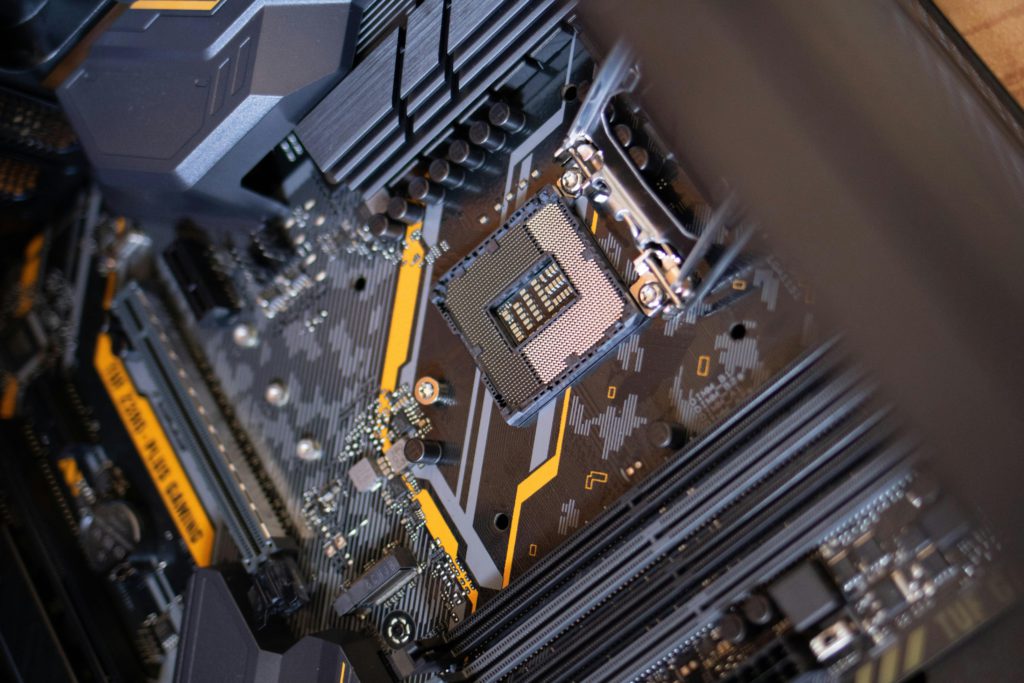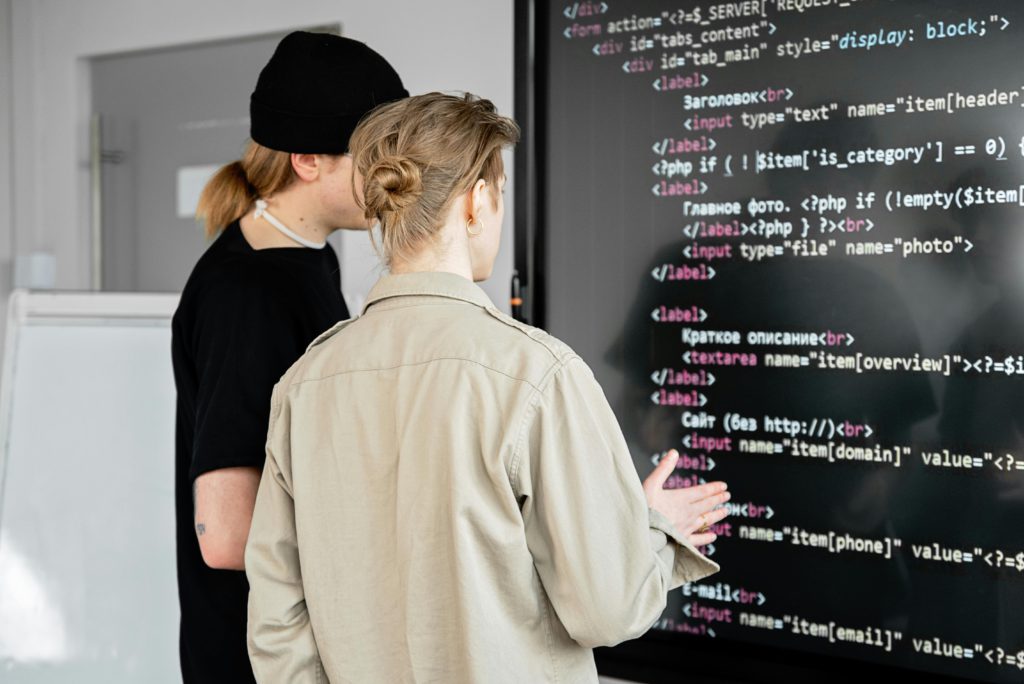Coding interviews have long been a staple of tech recruitment. However, the emergence of AI tools has introduced a new complexity not only to the use of the internet, but also to these processes. Today, companies face a fundamental dilemma: how to assess technical talent in a world where AI can solve coding challenges instantly?
This is the new reality of tech recruitment. Leaders and HR professionals must decide whether to stick with traditional methods, implement AI detection strategies, or completely reinvent how they assess engineers’ skills.
What has changed with AI
Before AI, candidates prepared for coding interviews through training, memorising algorithms and timed practice. This model favoured those who had the time and resources to train.
However, AI tools such as ChatGPT, DeepSeek, or InterviewCoder.co can produce optimised solutions in seconds and explain them clearly. For recruiters, this raises a critical question: are we dealing with cheating or just a natural evolution of the tools of a modern professional?
As a result, timed remote interviews seem to be losing ground as a recurring method of assessing real skills.
How are companies responding?
Organisations are experimenting with different strategies:
In-person coding interviews: Many Big Tech companies are returning to in-person interviews and reintroducing whiteboard interviews to reduce the risk of AI-generated solutions.
Adapting to AI: On the other hand, several companies already allow the use of AI but redesign the questions and interviews themselves to focus on the candidate’s creativity and reasoning.
As this is a relatively recent topic in the recruitment industry, there isn’t a consensus solution yet. However, companies realise that it’s necessary to adapt processes because, in the tech industry, traditional coding tests rarely reflect the daily work of an engineer. We are talking about API debugging, system design, or code review, which traditional code assessments normally did not cover.
The future of coding interviews
To continue attracting and hiring quality talent, companies need to rethink how they measure technical skills. Instead of insisting on memorisation tests, the focus should be on assessing the candidate’s practical skills, critical thinking and ability to collaborate. Here are some strategic approaches that help align recruitment with this new reality:
Realistic and practical project-based assessments: Propose challenges that mirror real tasks from everyday work. For example, ask a backend candidate to design a simple API. This allows you to measure the ability to deliver concrete results, not just theoretical knowledge.
Real-time collaboration: More flexible live coding sessions and pair programming exercises allow you to assess reasoning, ability to justify technical decisions, communication, and teamwork skills. This way, you measure not only the final solution, but also the process of reaching that result.
Strategic thinking and architectural vision: System design interviews help assess technical maturity: how the candidate thinks about scalability, trade-offs, and system design. These are dimensions that AI cannot yet replicate convincingly.
Short-term immersive experiences: Trial days offer a realistic perspective on how the candidate works on a day-to-day basis, how they adapt to a team and how they manage uncertainty. It is a transparent and practical way to reduce risk in the final decision.
Responsible integration of AI: Instead of banning tools, many companies now choose to assess how the candidate integrates AI into their workflow. Knowing how to ask the tool for help, validate results, and maintain critical thinking can be more valuable than memorising algorithmic patterns.
These practices focus on the skills that truly matter in real engineering work, ensuring hires that are more aligned with the culture and objectives of the business, and making the process fairer and more transparent for all candidates.
Implications for companies and teams
Recruitment processes based on algorithms and speed were already fragile and unrepresentative of real work. Now, with tools capable of easily surpassing them, it’s impossible to ignore the need for adaptation.
By combining the urgency to restructure recruitment processes with the growing need to make them more creative, hiring now takes on an even more strategic role: it needs to ensure better talent retention, increase the effectiveness of hiring teams, and strengthen the company’s position in the market. AI has only exposed existing weaknesses, underlining the importance of fair, relevant, and scalable processes.
The opportunity lies in redesigning interviews that value what really distinguishes the best engineers: critical thinking, collaboration skills, systems thinking, and intelligent use of tools (including AI itself).






0 Comments